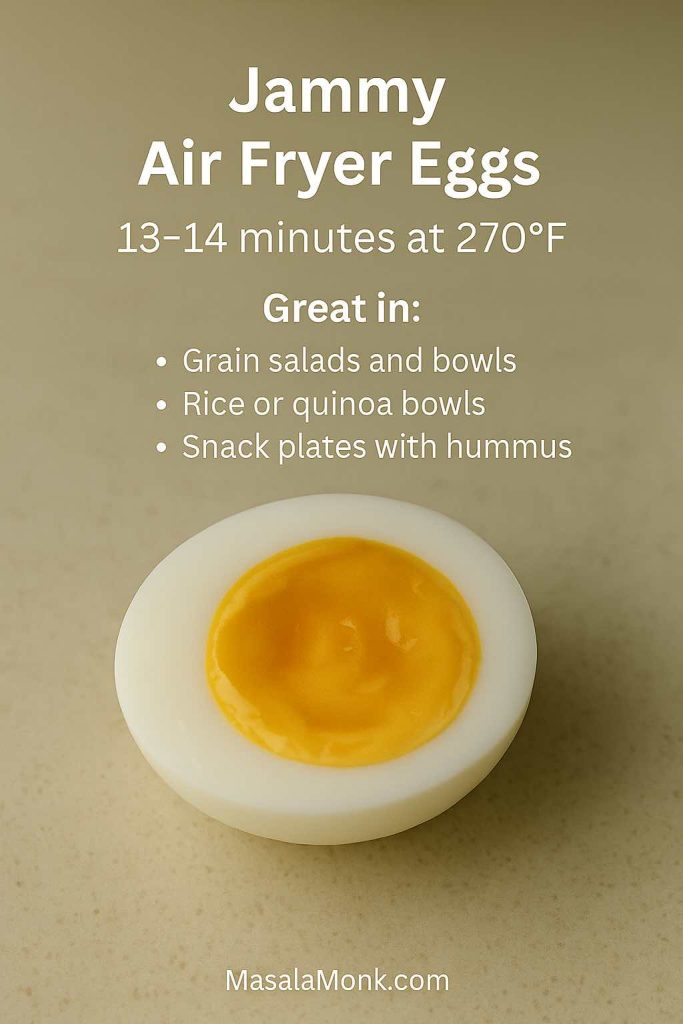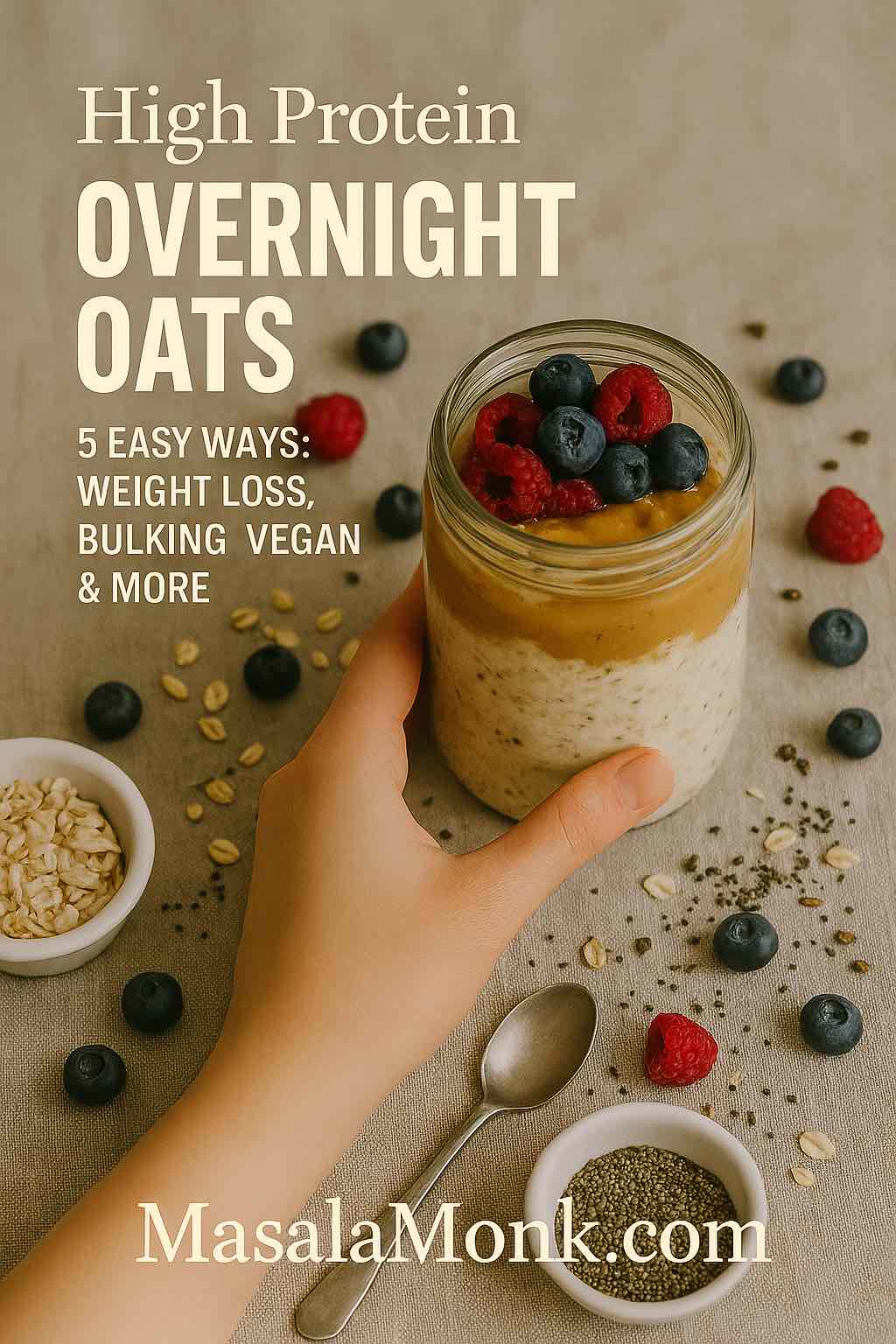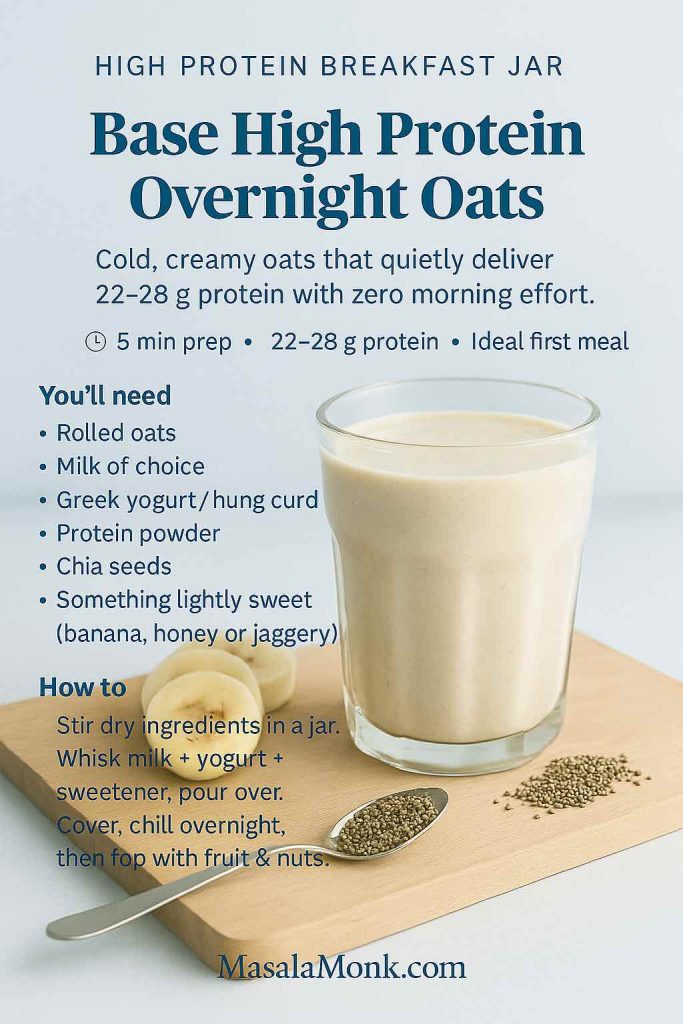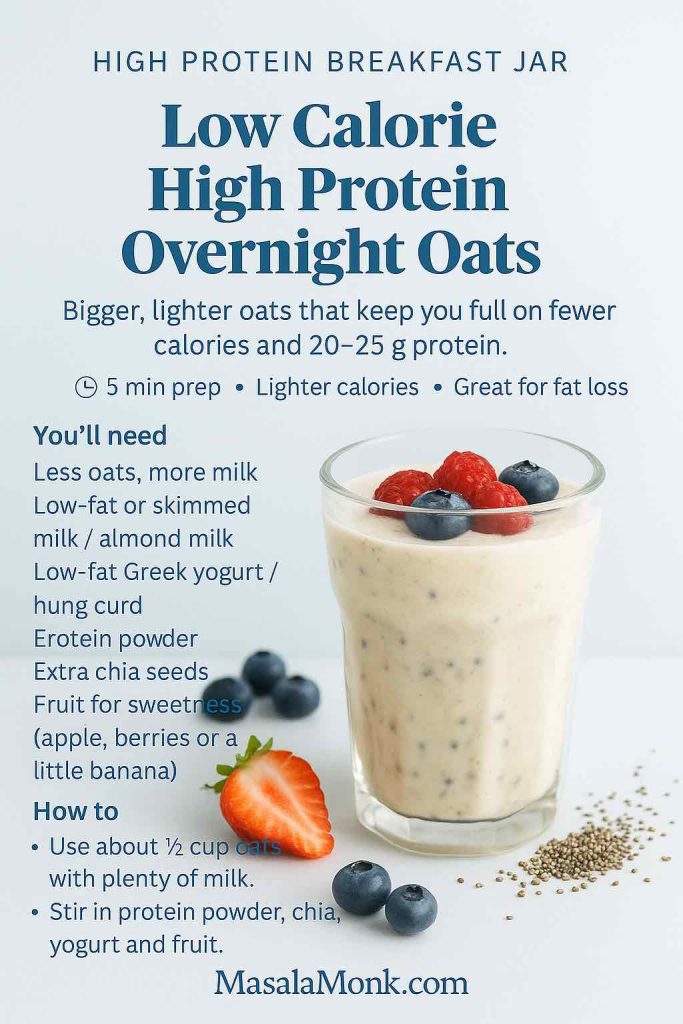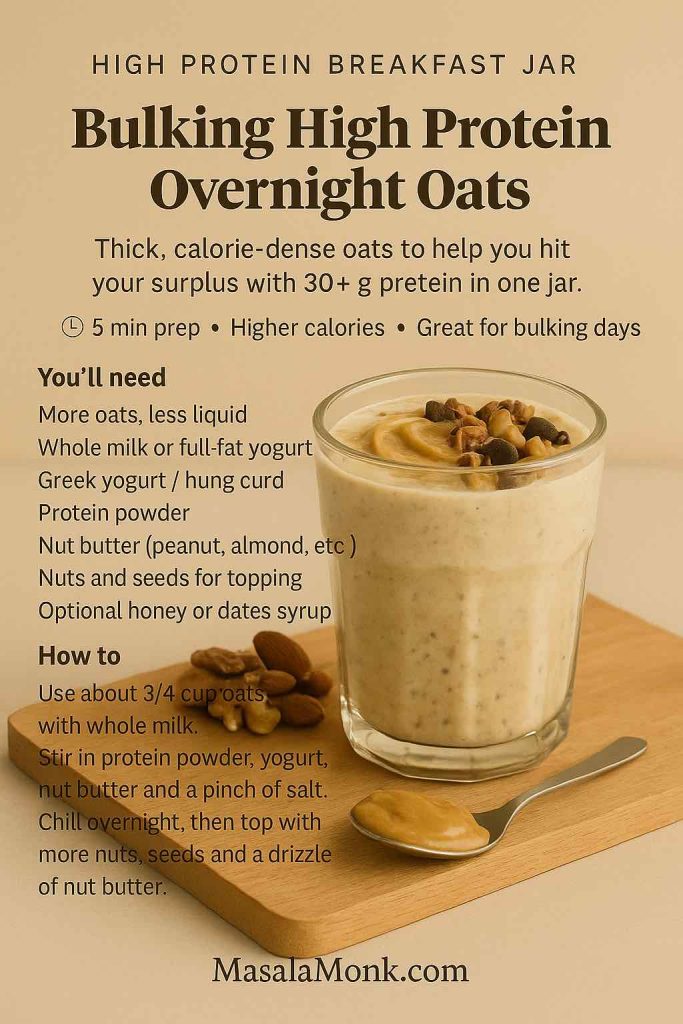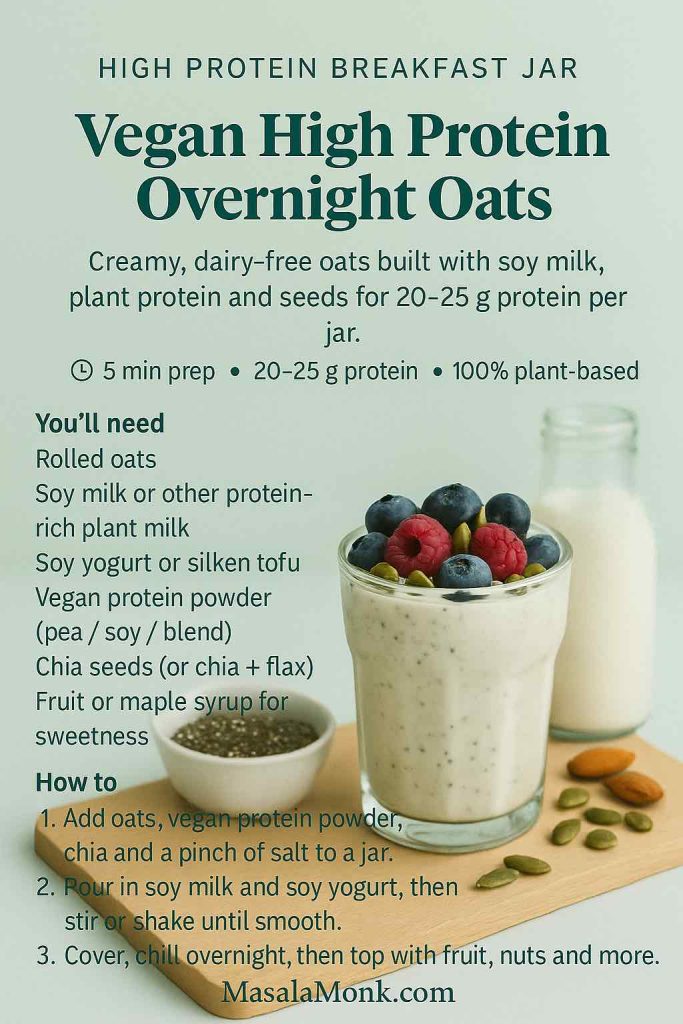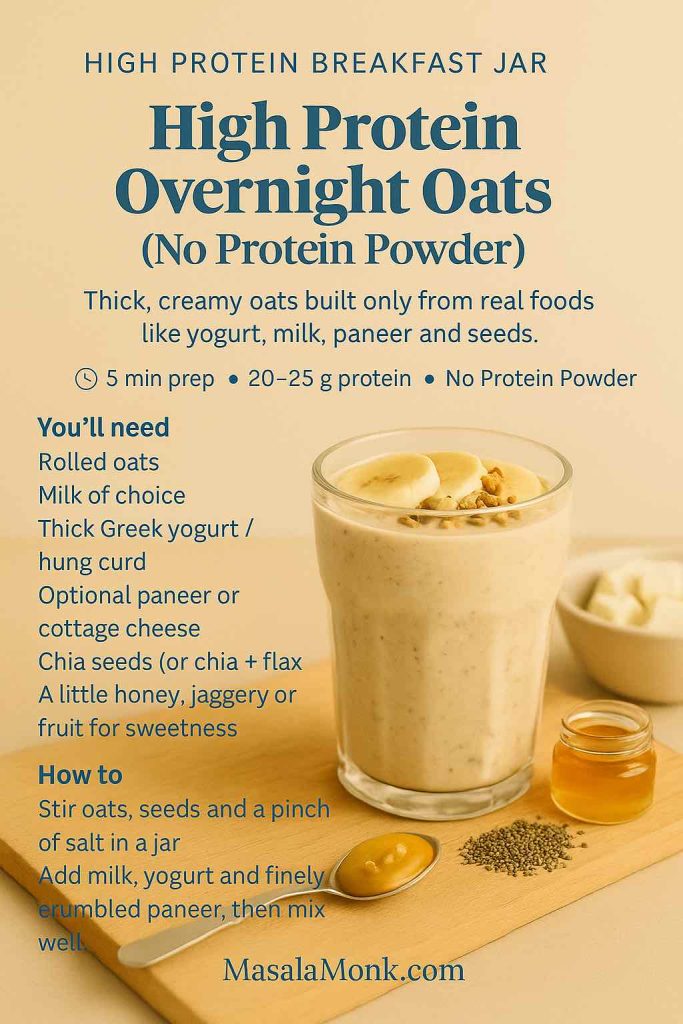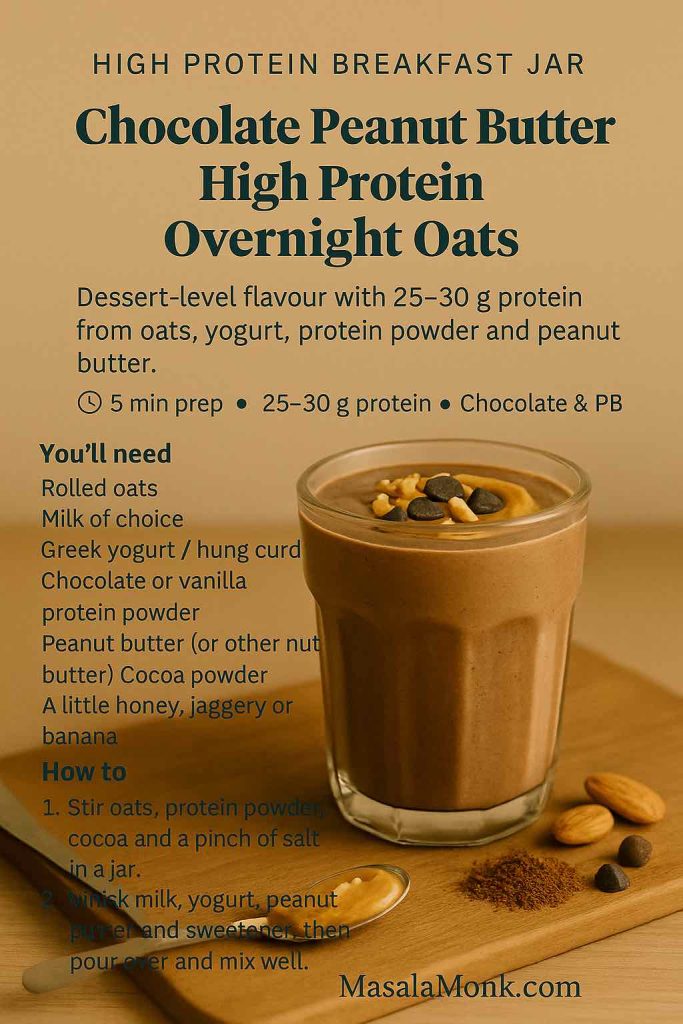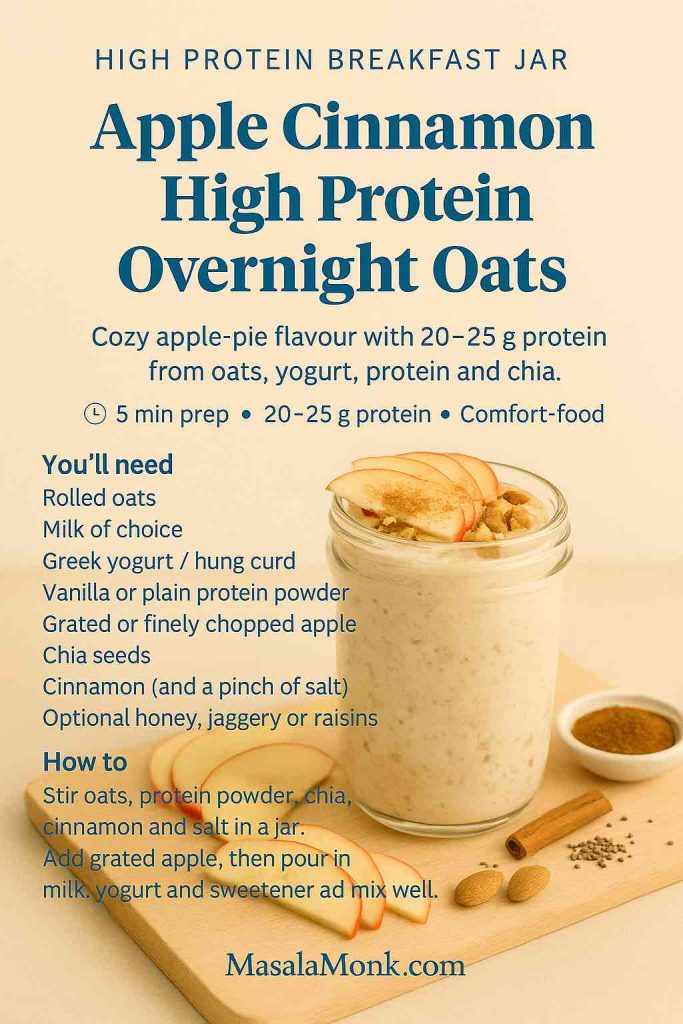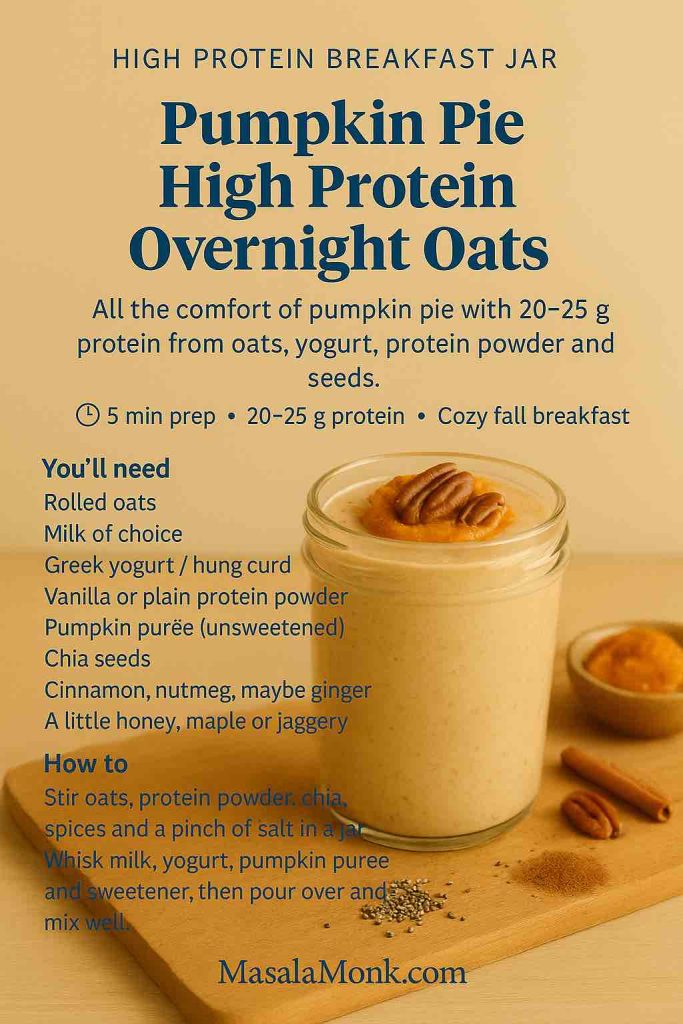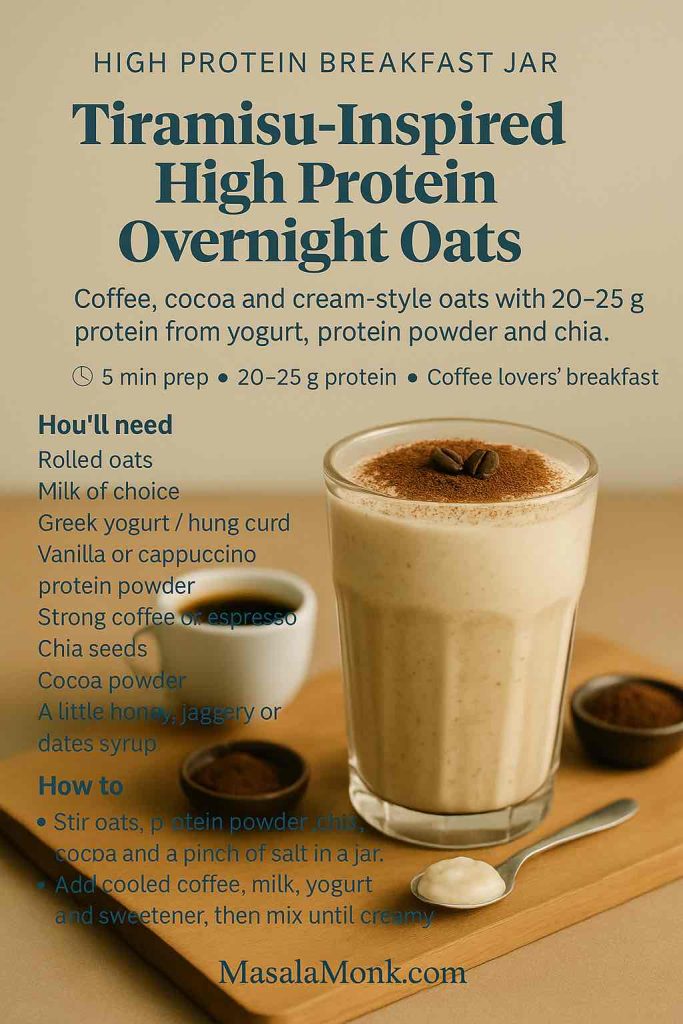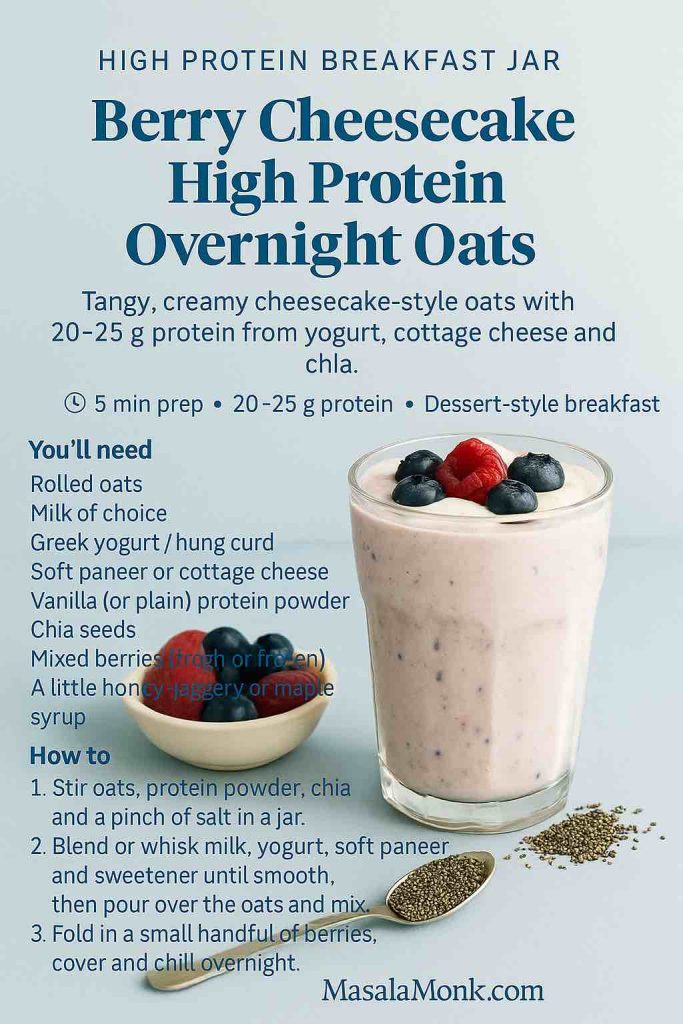
There’s something wonderfully sneaky about a French 75. It looks delicate in the glass, but it drinks like a tiny, sparkling cannon. Gin, lemon, sugar, Champagne: that’s it. This French 75 cocktail recipe is your base. From there, we’ll walk through the most-loved variations people actually look for—vodka French 76, Mexican 75 with tequila, bourbon French 95, cognac, elderflower, lavender, Prosecco/Italian 75, batch versions and a mocktail—so you can pour exactly the kind of 75 you’re in the mood for.
What Is a French 75?
At its core, a French 75 is a classic sour (spirit + citrus + sugar) lengthened with Champagne. In most modern bars that means:
- Gin
- Fresh lemon juice
- Simple syrup
- Dry sparkling wine (usually Champagne or another Brut)
Served in a flute or coupe, garnished with a lemon twist, it’s bright, bubbly and deceptively easy to drink.
The drink’s name comes from the French 75mm field gun used during World War I. According to Wikipedia’s French 75 entry, the idea was that this pretty little cocktail hits with the power of artillery when you aren’t paying attention. Meanwhile, the International Bartenders Association recognises it as an official contemporary classic, listing a stripped-back recipe of gin, lemon, sugar and Champagne.
You’ll see slight differences in ratios from one book to the next, and some early recipes even used cognac instead of gin. That’s actually good news for home bartenders: once you understand the pattern, you can comfortably switch spirits, bubbles and flavours without losing the soul of this French 75 cocktail recipe.
Classic French 75 Cocktail Recipe (Gin, Lemon & Champagne)
Let’s start with the template every other riff builds on.
Ingredients
Makes one drink
- 1½ oz (45 ml) gin
- ¾ oz (22 ml) fresh lemon juice
- ½–¾ oz (15–22 ml) simple syrup (1:1 sugar and water)
- 3 oz (90 ml) Brut Champagne or other dry sparkling wine
- Ice, for shaking
- Lemon twist or thin lemon wheel, for garnish
A juniper-forward London Dry gin like Beefeater or Tanqueray gives the most classic profile, although softer, more aromatic gins absolutely work. If you enjoy exploring gin in general, you might also like the ideas in these creative gin cocktail recipes, which use similar sour-style ratios in very different ways.

Step-by-step French 75 Cocktail Recipe
- Chill your glass
Slide a Champagne flute or coupe into the freezer for a few minutes. Cold glass, cold drink, happy you. - Build the sour base
In a cocktail shaker, combine the gin, fresh lemon juice and simple syrup. - Shake with ice
Fill the shaker with ice and shake for about 10–15 seconds. You want the metal to frost over and the contents to be very cold, with just enough dilution to soften the lemon’s sharpness. - Strain into your chilled glass
Fine-strain the mixture into the flute or coupe. A fine strainer catches ice shards and pulp so the drink stays silky and elegant. - Add the bubbles
Gently top with Champagne or another dry sparkling wine. Pour slowly, letting the foam settle as you go—you don’t want to lose half the drink in a fizzy overflow. - Garnish and serve
Express a strip of lemon peel over the surface to release the oils, rake it around the rim, then drop it in or curl it along the edge. Serve straight away, while the drink is icy and effervescent.
The Liquor.com French 75 recipe follows almost this exact pattern: gin and lemon balanced with sugar, brought to life by Champagne. It’s a simple combination, but when everything is fresh and cold it feels like you’ve stepped into a classic hotel bar.
Choosing Ingredients for the Best French 75 Cocktail Recipe
The French 75 is incredibly sensitive to ingredient quality. Small tweaks make a big difference, so this section walks through the main choices and how they change the drink.
Picking a gin
For a classic French 75 cocktail recipe, start with:
- London Dry gin – crisp, juniper-led, slightly peppery. Tanqueray, Beefeater or similar will give you that familiar structure.
- Softer, floral gins – brands like Hendrick’s can work beautifully if you like cucumber and rose notes playing with the lemon.
If this drink becomes a favourite, you’ll probably enjoy branching out into gin-forward recipes like the Negroni and its variations, which show how the same bottle behaves when stirred with vermouth and bitters instead of shaken with citrus.
Champagne vs Prosecco vs other bubbles
The IBA specifies Champagne for the official build, but in a home kitchen your options are broader:
- Champagne (Brut) – toasty, bready, layered. Ideal when you want the drink to feel extra special.
- Cava – usually very dry, clean and great value; perfect for parties and batch servings.
- Prosecco – slightly fruitier and often a touch sweeter; we’ll lean into this in the Italian/Prosecco variations later.
Whichever you use, stay in the Brut or Extra Brut range. If the sparkling wine is sweeter (often labelled “Extra Dry” in Prosecco), you might want to reduce the simple syrup slightly so the French 75 doesn’t become cloying.
For inspiration on how sparkling wine behaves in bigger, party-ready bowls, have a look at the pineapple punch recipes that add prosecco or Champagne right at the end; the same timing works brilliantly when you batch French 75s, too.
Balancing lemon and sweetness in French 75 Cocktail Recipe
Lemon juice is non-negotiable here. Bottled lemon tends to taste flat and harsh; fresh juice brightens the drink without turning it sour for the wrong reasons.
As for sugar, think of the simple syrup range like this:
- ½ oz (15 ml) – sharp, spritzy, more “adult”.
- ¾ oz (22 ml) – rounder, more approachable, likely to please a mixed crowd.
You can use that same idea in other lemon-based cocktails. A good example is the lemon drop martini recipe: it leans a little sweeter because there’s no sparkling wine to help with balance, so the sugar has to do more work.
A Quick Look at the French 75’s History
The story behind the French 75 is messy in a charming way. Different books claim different origins, and arguments rage about whether the “real” drink uses gin or cognac.
Early printed recipes in the early 20th century show the drink appearing in Paris around World War I. The Wikipedia article on the French 75 mentions Harry’s New York Bar in Paris as an important early home, and notes that some of the earliest written versions were brandy-based, with champagne and lemon added. Later, gin versions became far more widespread, and today those are what most people recognise.
Writers at Difford’s Guide dig into old bar manuals and argue that cognac versions (sometimes called French 125s) have a strong claim to authenticity as well. Meanwhile, Jeffrey Morgenthaler’s essay on the French 75 walks through a tangle of recipes that includes gin, apple brandy, orgeat, grenadine and more. The takeaway? The drink has always been more like a family of Champagne cocktails than a single fixed formula.
Even Ultimate Mai Tai’s discussion of gin vs cognac in the French 75 concludes that while the IBA gives the modern gin-based template its stamp of approval, cognac versions are arguably more “French” and luxuriously dessert-friendly.
All of that means you have permission to treat this French 75 cocktail recipe as a flexible sketch. Gin is the starting point, not a prison.
French 75 Cocktail Recipe Variations
Once you’ve made a few classic French 75s, it becomes very natural to bend the recipe. Swap the spirit, change the sweetener, or alter the bubbles and you have something new that still feels like part of the family.
The pattern stays the same:
- Around 1½ oz spirit
- Around ¾ oz citrus
- ½–¾ oz sweetener (syrup or liqueur)
- 2½–3 oz sparkling wine
From here on, we’ll walk through seven prominent variations, plus a few bonus twists that are worth trying at least once.
1. Cognac French 75 (French 125) Cocktail Recipe
This variation sits closest to some of the earliest printed versions of the drink. Cognac brings warmth, dried-fruit notes and a plush mouthfeel that make the French 75 lean toward dessert.
Ingredients
- 1½ oz cognac (VS or VSOP)
- ¾ oz fresh lemon juice
- ½–¾ oz simple syrup
- 3 oz Brut Champagne or dry sparkling wine

Method
Shake the cognac, lemon and syrup with ice. Fine-strain into a chilled flute or coupe, top with Champagne and garnish with a lemon twist or even a thin orange peel if you want a slightly richer aroma.
The cognac version works beautifully with after-dinner desserts. Pair it with something creamy like tres leches cake or even a plate of authentic churros dusted with cinnamon sugar for an indulgent end to the evening.
2. Vodka French 75 (French 76) Cocktail Recipe
Replace the gin with vodka and you have a French 76. The structure is identical, but the flavour shifts: cleaner, more neutral, less herbal. This is a great choice when you want the lemon and Champagne to shine without the botanical kick of gin.
Several mainstream recipes, such as the ones from Simple Joy or Southern Living, keep the ratios almost identical to the gin-based French 75. You can follow that same logic at home.
Ingredients
- 1½ oz vodka
- ¾ oz fresh lemon juice
- ¾ oz simple syrup
- 3 oz dry sparkling wine

Method
Shake vodka, lemon juice and syrup with ice until well chilled. Strain into a cold flute, top with Champagne or another dry sparkling and garnish with a lemon twist.
If you like this direction, you’ll probably also enjoy other vodka–lemon combinations, such as the drinks in this guide to vodka with lemon cocktails and infusions, which stretches that pairing into everything from martinis to long, refreshing highballs.
3. Tequila French 75 (Mexican 75) Cocktail Recipe
When tequila joins the party, you get a Mexican 75—essentially a sparkling margarita. Tequila, lime or lemon, a touch of agave, and bubbly on top. Several recipes online, including those from tequila brands themselves, stick to that pattern.
Ingredients
- 1½ oz tequila blanco (or a gentle reposado)
- ¾ oz fresh lime or lemon juice
- ½–¾ oz agave syrup (or simple syrup)
- 3 oz sparkling wine

Method
Add tequila, citrus and syrup to your shaker, fill with ice and shake until properly cold. Strain into a flute or coupe, then top with prosecco, cava or Champagne. Garnish with a lime wheel or a thin strip of lime peel.
For a summer party, you might serve Mexican 75s alongside something more relaxed and fruity such as these watermelon margarita variations. Together they give your guests a choice between sparkling and on-the-rocks tequila drinks.
And if some of those guests prefer to skip alcohol, it’s very easy to offer a zero-proof but equally zesty option using the margarita mocktail guide.
4. Bourbon or Whiskey French 75 (French 95) Cocktail Recipe
Swap in bourbon or rye and you’ll arrive at a French 95. Think of it as a whiskey sour in a party dress: lemon, sweetness and whiskey lengthened with sparkling wine.
Ingredients
- 1½ oz bourbon or rye whiskey
- ¾ oz fresh lemon juice
- ½–¾ oz simple syrup or honey syrup
- 3 oz sparkling wine

Method
Combine the whiskey, lemon and syrup in your shaker with ice. Shake until chilled, strain into a flute and finish with Champagne or similar. A lemon twist is classic, though an orange twist can complement the caramel and vanilla notes in bourbon.
Honey syrup (one part honey to one part hot water) makes this feel cosy and comforting, almost like a festive, sparkling hot toddy—just cold. For a look at how those flavours play without bubbles, you can refer to the classic whiskey sour recipe, which uses a very similar balance of whiskey, lemon and sweetness.
5. Elderflower French 75 (St-Germain / “Saint 75”) Cocktail Recipe
Elderflower liqueur, such as St-Germain, slips easily into the French 75 template, adding floral, lychee-like sweetness. This riff is often nicknamed a “Saint 75”.
Ingredients
- 1 oz gin
- ½ oz elderflower liqueur (St-Germain or similar)
- ¾ oz fresh lemon juice
- ¼–½ oz simple syrup (optional, to taste)
- 3 oz sparkling wine

Method
Shake the gin, elderflower liqueur, lemon and any additional syrup with ice. Strain into your glass and top with chilled sparkling wine. A thin lemon twist or even a few edible flowers make beautiful garnishes.
Because this variation is so brunch-friendly, it’s a smart one to batch. You can pre-mix the still ingredients in a jug, keep it chilled, then pour individual servings and top with bubbles as guests arrive—similar to how some of the coconut water cocktail recipes approach batching.
6. Lavender French 75 Cocktail Recipe
Lavender plays beautifully with gin’s botanicals, but it’s potent, so a little goes a long way. The safest way to bring it into a French 75 is via lavender simple syrup.
Lavender syrup
- Combine equal parts sugar and water in a small saucepan.
- Add a small spoonful of culinary lavender.
- Warm gently until the sugar dissolves, then switch off the heat and let it steep.
- Strain when it smells fragrant and cool before using.
Ingredients
- 1½ oz gin
- ¾ oz fresh lemon juice
- ½–¾ oz lavender simple syrup
- 3 oz sparkling wine

Method
Shake gin, lemon and lavender syrup with ice, strain, top with bubbles and garnish with a small lavender sprig or lemon twist.
If colour is your thing, you might enjoy going even further with vibrant drinks like the ones in this collection of purple cocktails and mocktails, many of which play the same visual tricks that Empress 1908 gin does.
7. Prosecco / Italian 75 (with Limoncello Option) Cocktail Recipe
The easiest Prosecco version simply substitutes Champagne for Prosecco in the classic French 75 cocktail recipe. That alone gives you a slightly more fruit-driven, often more affordable drink.
Simple Prosecco French 75
- Classic French 75 specs
- Swap Champagne for a dry Prosecco
If your Prosecco label reads “Extra Dry” (which paradoxically means a little sweeter than Brut), you may want to reduce the simple syrup to ½ oz so the drink still tastes bright.
To push things further into Italian territory, add limoncello.

Italian 75 with limoncello
- 1 oz gin (optional, for extra backbone)
- ½–1 oz limoncello (taste yours and adjust)
- ½ oz fresh lemon juice (or less, if the limoncello is very tart)
- Top with Prosecco
Shake the still ingredients with ice, strain into a flute and complete with Prosecco. The result sits somewhere between a French 75 and a sparkling lemon dessert. It pairs nicely with creamy cakes and citrus sweets, especially if you already enjoy the flavours in a lemon drop martini.
Bonus Twists: Fruit, Colour & Seasonality
Beyond the core seven, there are a few other ways to personalise this French 75 cocktail recipe without much extra effort.
Strawberry French 75
Muddle one or two ripe strawberries in your shaker before adding the classic gin, lemon and syrup. Shake, fine-strain (to catch the seeds) and top with sparkling wine. The colour becomes a soft blush pink, and the flavour leans toward strawberry lemonade with bubbles.
Cranberry French 75
Replace part of the lemon juice and syrup with unsweetened cranberry juice:
- 1¼ oz gin
- ½ oz lemon juice
- ½ oz cranberry juice
- ½ oz simple syrup
- 3 oz sparkling wine
Shake the still ingredients, strain, top and garnish with a few floating cranberries. For more ideas on colourful, fizzy non-alcoholic drinks in this style, you might like the mocktails in this overview of grenadine-based mocktails, which often use the same flute-and-bubbles presentation.
Fall spice and honey
In cooler months, a “fall 75” can be as simple as switching the gin to bourbon, the syrup to honey syrup, and adding a very small pinch of ground cinnamon or a dash of spiced bitters before you shake. It still feels like a French 75; it just leans into sweater weather.
Batch French 75 for a Crowd
When you’re making French 75s for more than a couple of people, shaking each one individually can turn you into a full-time bartender. Fortunately, this recipe scales neatly.
Here’s a starting point for about 8 drinks:
- 1½ cups (360 ml) gin (or another base spirit)
- ¾ cup (180 ml) fresh lemon juice
- ¾ cup (180 ml) simple syrup
- 1 bottle (750 ml) chilled Champagne, Cava or Prosecco

How to batch
- In a large jug, combine gin, lemon juice and syrup. Stir and refrigerate until very cold.
- Just before serving, pour the base into flutes or coupes, filling each glass about one-third full.
- Top each serving with sparkling wine, then garnish with lemon twists.
The key is to add the bubbles at the last moment, just as you would with prosecco-based punches like the ones in these pineapple punch recipes. That way the carbonation doesn’t fade while the jug sits on the table.
Virgin French 75 Mocktail
Not everyone at the table will want alcohol, but it’s easy to make a French 75–style drink that looks and feels just as celebratory.
Option 1: With non-alcoholic gin
- 1½ oz alcohol-free gin
- ¾ oz fresh lemon juice
- ½–¾ oz simple syrup
- 3 oz alcohol-free sparkling wine or sparkling water
Shake the non-alcoholic gin, lemon and syrup with ice. Strain into a flute or coupe, then top with your chosen bubbles. Garnish with a lemon twist so it visually matches the alcoholic version.

Option 2: Simple citrus sparkle
If you don’t have non-alcoholic gin to hand:
- 1 oz lemon juice
- 1 oz simple syrup
- Chilled sparkling water or alcohol-free prosecco
Add lemon and syrup to a flute, stir gently, then top with sparkling water. A twist of lemon peel on top keeps the same look and aroma.
From there, it’s easy to suggest other zero-proof options so guests don’t feel restricted to just one style. The margarita mocktail guide offers another citrus-forward, salt-friendly choice, while these keto mocktails show how to keep sugar lower without sacrificing flavour.
What to Serve with a French 75
A French 75 has three main traits that drive food pairing: acidity from the lemon, bubbles from the Champagne, and a hint of sweetness from the syrup. Together they make it incredibly forgiving with snacks and starters.
Savoury snacks
Anything salty and a bit fatty will sing next to this French 75 cocktail recipe:
- Crispy potato bites—especially something like these air-fried chilli garlic potato bites, which give crunch and spice without feeling heavy.
- Bite-sized potato appetisers topped with cheese, herbs or chutneys.
- Simple cheese balls or croquettes; for inspiration, the Indian-inspired cheese ball variations show how easy it is to bring a desi twist to classic party food.
Charcuterie and cheese
French 75s are naturals alongside a small cheese and charcuterie spread. The acidity cuts through creamy brie and cured meats, while the bubbles keep everything feeling light. If you’d like a simple rule for arranging the board, you can follow the “3-3-3-3” framework in this guide to building a charcuterie board.
To add a touch of sweetness, a good fig preserve or marmalade is lovely next to blue cheese and goat’s cheese. It works as a bridge between savoury bites and your French 75, echoing both the citrus and the softness.
Desserts
Because a French 75 cocktail recipe leans bright rather than heavy, it’s particularly good with:
- Citrus desserts (lemon tarts, lemon drizzle cake, key lime bars)
- Light sponge cakes soaked in milk or syrup, such as tres leches cake
- Crisp fried sweets like homemade churros that like having their richness cut by acid and bubbles
Glassware and Presentation
Most recipes serve a French 75 in a Champagne flute, but coupes and even stemmed wine glasses are perfectly acceptable. Each option comes with trade-offs:
- Flute – preserves bubbles longer, very classic look.
- Coupe – feels more vintage, but the wider surface means the bubbles escape a bit faster.
- Stemmed wine glass – ideal for bigger, more relaxed servings or when you’re pouring a batch for a crowd.
If you’re curious about how different glass shapes affect aroma and bubble retention, you might enjoy this broader guide to choosing the right wine glass. The same principles apply to sparkling cocktails: taller, narrower bowls keep carbonation around longer; wider bowls emphasise aroma and feel a touch more glamorous.
Regardless of the glass you pick, a well-cut lemon twist and icy cold temperature will do as much for the drink’s appeal as any fancy stemware.
After the French 75: Where to Go Next
Once you’re comfortable making this French 75 cocktail recipe and a few of its variations, you’ve essentially learned a reusable template:
- Sour structure – spirit, citrus, sweetener
- Sparkling lengthener – Champagne, Cava, Prosecco or alcohol-free bubbles
- Aromatic garnish – usually a simple twist of lemon or lime
From there, you can branch into other families:
- Gin lovers can explore stirred, bitter drinks via the Negroni recipe and its twists.
- Whiskey fans can go deeper into sour territory with the whiskey sour and its countless riffs.
- For low-alcohol parties, big bowls of bubbly punch such as the pineapple-based punches offer plenty of flavour without feeling too strong.
- On days when you’d rather skip alcohol altogether, the margarita mocktail, grenadine mocktails and keto mocktails give you a full toolkit.
In the end, that’s the real charm of the French 75. It’s not just a single drink; it’s a doorway into a whole world of sparkling, citrusy cocktails. Master this French 75 cocktail recipe once, and you’ll have a reliable party starter, a flexible template for experimentation, and an easy way to make any gathering feel just a bit more celebratory.
FAQs
1. What is a French 75, and how is it different from other Champagne cocktails?
A French 75 is a classic Champagne cocktail made with gin, fresh lemon juice, simple syrup, and dry sparkling wine. Unlike a plain glass of Champagne, this drink starts with a sour-style base—spirit, citrus, and sugar—then is lengthened with bubbles. Compared with cocktails like a Bellini or Mimosa, a French 75 is stronger, more citrus-forward, and built around a clear spirit rather than fruit purée or juice alone. This is why a good French 75 cocktail recipe feels both refreshing and surprisingly potent.
2. What are the main ingredients in a French 75 cocktail recipe?
A traditional French 75 cocktail recipe uses four core ingredients: gin, lemon juice, simple syrup, and Champagne (or another dry sparkling wine). Typically, the drink is shaken with ice using the gin, lemon, and syrup, then strained into a chilled flute or coupe before topping with bubbles. A lemon twist finishes it off. Because there are so few elements, using fresh lemon juice and decent sparkling wine makes a noticeable difference.
3. What is the best gin for a French 75?
For a classic French 75 cocktail recipe, a London Dry gin is usually the best choice. Brands with a clear juniper backbone and crisp profile help the drink taste structured rather than vague. However, you can also choose a more floral gin if you’d like softer botanicals or cucumber and rose notes. As a rule, avoid heavily flavoured or very sweet gins, since they can clash with the lemon and Champagne.
4. Do I have to use Champagne, or can I make a French 75 with Prosecco or other sparkling wine?
You absolutely can use other sparkling wines. While Champagne is traditional, many home bartenders make a French 75 with Cava or Prosecco instead. Dry (Brut) styles keep the drink bright and balanced. If the sparkling wine is slightly sweeter, you might reduce the simple syrup a little so the cocktail doesn’t end up too sugary. Consequently, choosing a good but affordable bottle is often more important than insisting on Champagne every time.
5. Is gin or cognac the “original” spirit in a French 75 cocktail recipe?
The answer depends on which historical recipe you look at. Some early versions used cognac with lemon, sugar, and Champagne, while others called for gin. Over time, the gin-based build became dominant and is now the standard in most bars. Nevertheless, a cognac French 75 (often called a French 125) is still very much part of the same family. In practice, think of gin as the modern default and cognac as a richer, more luxurious variant rather than a completely different drink.
6. What is a French 76, and how does it differ from a French 75?
A French 76 swaps the gin for vodka. The rest of the structure is identical: lemon juice, simple syrup, and sparkling wine on top. As a result, a French 76 tastes cleaner and less botanical, with the citrus and bubbles standing out more clearly. If you have guests who aren’t fond of gin but still want a sparkling cocktail, offering the vodka-based version alongside your main French 75 cocktail recipe is a simple solution.
7. What is a Mexican 75, and how do I make it?
A Mexican 75 is essentially a French 75 made with tequila instead of gin. Usually, tequila blanco pairs with fresh lime or lemon, a touch of agave or simple syrup, and sparkling wine. The build is shaken and then topped with bubbles just like the original. Because of the agave and citrus, it feels a bit like a sparkling margarita, which makes it especially suited to summer parties or taco nights.
8. What is a French 95, and what other “French number” cocktails exist?
A French 95 substitutes bourbon or rye for gin and keeps the rest of the blueprint: lemon, sweetener, and sparkling wine. It tastes like a whiskey sour that has been extended with Champagne, making it rounder and more comforting. Beyond that, you may come across names like French 45, 55, 57, 65, 74, 76, and 85; these typically indicate different spirit bases or subtle ratio tweaks. Instead of memorising every number, it’s easier to remember the core French 75 cocktail recipe and view those cocktails as variations on the same sparkling sour theme.
9. Can I make a French 75 with bourbon, whiskey, or brandy?
Yes. Bourbon and rye are the base spirits in a French 95, which is a recognised variant and a favourite among whiskey drinkers. Similarly, using cognac or another brandy gives a French 125-style drink that feels richer and more dessert-friendly. In each case, the process remains the same: shake the spirit with lemon and sugar, then add sparkling wine. Therefore, you can adapt the drink to the bottles you already have without learning an entirely new method.
10. How do I make an elderflower or St-Germain French 75?
To make an elderflower French 75, you simply replace part of the simple syrup with elderflower liqueur such as St-Germain. For instance, you can use gin, lemon juice, a small amount of syrup, and a splash of elderflower liqueur, then finish with sparkling wine. The result is a French 75 cocktail recipe that tastes softer, more floral, and very brunch-friendly. Just be mindful of sweetness; elderflower liqueur is already sugary, so you may not need much extra syrup.
11. What about a lavender French 75 or other floral versions?
A lavender French 75 usually relies on lavender-infused simple syrup. You keep the typical gin and lemon base but swap plain syrup for one that has been gently steeped with culinary lavender. The key is moderation, since too much lavender can make the drink taste perfumed. Beyond lavender and elderflower, you can also experiment with rose, hibiscus, or other floral syrups, always starting with small amounts and adjusting gradually.
12. Can I use Prosecco instead of Champagne in my French 75 cocktail recipe?
Prosecco works very well in a French 75, especially in casual settings or when you’re making several cocktails at once. To keep everything balanced, look for a Brut style and consider reducing the simple syrup slightly if the wine tastes notably sweet. Interestingly, combining Prosecco with limoncello and a little gin creates an Italian-inspired twist that still follows the French 75 pattern but leans even more into lemon and fruitiness.
13. How strong is a French 75 compared with a glass of wine or a typical cocktail?
A French 75 is stronger than it looks. It contains a full measure of spirit plus sparkling wine, so its alcohol content sits somewhere between a standard cocktail and a large glass of wine. Because the lemon and bubbles make it taste very refreshing, people sometimes underestimate its strength. Consequently, it’s wise to treat a French 75 as you would any other mixed drink: enjoy slowly, sip water between rounds, and keep track of how many you’ve had.
14. Can I batch French 75s for a party?
You absolutely can batch them. To do so, mix the spirit, lemon juice, and simple syrup in a large jug and chill this base thoroughly. Then pour individual portions into glasses and top each one with sparkling wine just before serving. In this way, the carbonation stays lively, and you avoid shaking every single drink to order. As a bonus, batching lets you offer several versions—gin-based, vodka-based, or tequila-based—while keeping the workflow simple.
15. Is there a way to make a non-alcoholic or low-alcohol French 75?
A non-alcoholic French 75 is easy to create. You can shake alcohol-free gin (or simply lemon juice and syrup) with ice, then strain into a flute and top with alcohol-free sparkling wine or fizzy water. The look, aroma, and basic flavour profile stay similar, but the drink is safe for anyone avoiding alcohol. For a low-alcohol route, you can reduce the amount of base spirit and rely more on the sparkling wine, or choose a lower-ABV sparkling option and keep the rest of the French 75 cocktail recipe unchanged.
16. What glass should I use for a French 75?
Traditionally, a French 75 is served in a Champagne flute, which preserves bubbles and gives that tall, elegant silhouette. Nevertheless, many people prefer coupes for a more vintage feel, especially at home. Stemmed wine glasses work as well, particularly when you’re pouring batch cocktails or larger servings. Whatever glass you choose, chilling it beforehand and adding a neat lemon twist will make the drink feel polished.
17. Can I prepare a French 75 in advance?
You can prepare the still components in advance but not the finished cocktail. For best results, mix and chill the spirit, lemon juice and simple syrup together in the refrigerator. Then, when it’s time to serve, shake with ice if you want extra aeration, strain into glasses, and top with sparkling wine. If you were to add the bubbles too early, they would lose their fizz and the French 75 would taste flat by the time you pour it.
18. Why is this drink called a French 75 if I’m using gin instead of cognac?
The name references the French 75mm field gun rather than a specific spirit, so it doesn’t actually depend on cognac being the base. Early recipes used both brandy and gin at different times, and the drink shifted shape as it travelled and evolved. Now, the gin-based build is widely accepted as the standard French 75 cocktail recipe, while cognac versions sit alongside it as legitimate, closely related variations.




















